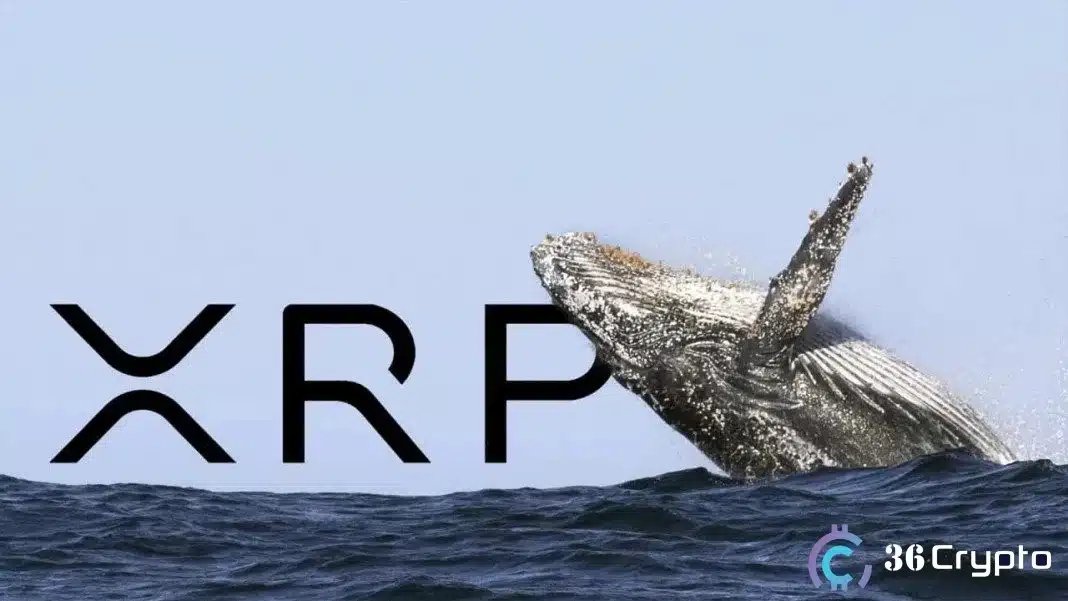Faruk Fatih Özer was found dead in his prison cell on Nov. 1. The former CEO of now-defunct crypto exchange Thodex was serving an 11,000-year sentence for running one of the largest crypto scams in history.
His death marks the latest turn in the Thodex saga, with ripple effects so significant they altered Turkish cryptocurrency laws.
The initial details of Özer’s death point to suicide, but the investigation is still ongoing. It has once more brought Thodex back into the spotlight.
Here’s a look back at Özer’s story, how the crypto exchange impacted Turkish law and how it may have contributed to the country’s increased crypto adoption.
$2-billion Thodex scam sees raids, arrest and CEO out on the lam
On April 21, 2021, Thodex cryptocurrency exchange suddenly shut down trading and withdrawals. The initial announcement read that this could continue for four to five days. As Cointelegraph Turkey reported at the time, the exchange claimed that this was to improve its operations with the help of “world-renowned banks and funding companies.”
But local media reported that Özer had fled to Thailand with over $2 billion in funds as part of an exit scam. There were also reports that police had raided the exchange’s offices in Istanbul.
Istanbul’s chief prosecutor’s office corroborated the reports the following day. It announced a probe into Thodex and said police had arrested 62 people allegedly involved in the scam. Özer denied the accusations, claiming his trip abroad was to meet foreign investors.
As of April 30, 2021, a Turkish court decided to jail six suspects, including family members of the missing CEO and senior company employees, pending trial. Interpol also issued a red notice for Özer.
“When he is caught with the red notice, we have extradition agreements with a large part of these countries. God willing he will be caught and he will be returned,” said Interior Minister Süleyman Soylu.
Özer managed to evade capture for over a year. Albanian authorities eventually detained him on Aug. 30, 2022. He attempted to appeal extradition in court, but the decision was upheld, and Özer was in Turkish custody by April 30, 2023, two years after the scandal began.
Özer was detained by Turkish authorities after being extradited from Albania. Source: AAThe case against Özer was swift. In July 2023, just three months after arriving in Turkey, he was sentenced to seven months and 15 days in prison for failing to submit certain documents requested by the Tax Inspection Board during the trial.
On Sept. 8, 2023, the Anatolian 9th High Criminal Court sentenced Özer, along with two of his siblings, to 11,196 years, 10 months and 15 days in prison, along with a $5-million fine.
In court, Özer claimed that he and his family were facing false accusations. He said, “I am smart enough to manage all institutions in the world. This is evident from the company I founded at the age of 22. If I were to establish a criminal organization, I would not act so amateurishly. … It is clear that the suspects in the file have been victims for more than 2 years.”
Related: Turkey to empower watchdog to freeze crypto accounts in AML crackdown: Report
Özer was serving his sentence at the Tekirdağ No. 1 F-Type High Security Closed Penal Institution when he died. F-Type prisons are high-security institutions reserved for political prisoners, members of organized crime syndicates and other armed groups serving an aggravated life sentence.
Human rights advocates have repeatedly raised concerns about the conditions at F-Type prisons. In 2007, Amnesty International noted “harsh and arbitrary” disciplinary treatments, as well as isolation.
Turkey changes its laws to protect investors
The Thomex scandal and its ensuing fallout were so significant that they drove the Turkish government to change its policies toward cryptocurrencies.
Immediately following news of Özer fleeing the country, the Central Bank of the Republic of Turkey banned crypto payments and prohibited payment providers from offering fiat on-ramps for crypto exchanges. The official notice outlawed “any direct or indirect usage of crypto assets in payment services and electronic money issuance.” Notably, the ban excluded banks, meaning that users can still deposit lira onto crypto exchange accounts using bank transfers.
The ban aimed to ensure financial stability, while other agencies like the Capital Markets Board (CMB) and the Financial Crimes Investigation Board (MASAK) moved to legitimize trading activities. In May 2021, MASAK amended money laundering and terrorism financing laws to include provisions for cryptocurrency.
By 2024, the “Law on Amendments to the Capital Markets Law” came into effect. This built on the initial changes in 2021, which included extensive consumer protection measures in addition to provisions on licensing and reporting.
These new measures, which also aimed to move Turkey off the Financial Action Task Force’s “gray list” of countries with inadequate Anti-Money Laundering measures, have in turn helped spur the local crypto industry.
Chainalysis’ “2025 Geography of Crypto Report” found that Turkey led the Middle East and North Africa in value received in crypto. Trading activity also spiked last year.
In the long term, the Thodex scandal may have led to increased crypto adoption in the country, but only after it rocked the Turkish crypto industry and left many investors out to dry. It also resulted in the imprisonment and death of its orchestrator and CEO.
Magazine: Grokipedia: ‘Far right talking points’ or much-needed antidote to Wikipedia?
Source: https://cointelegraph.com/news/thodex-ceo-dead-crypto-scam-changed-turkish-law?utm_source=rss_feed&utm_medium=feed&utm_campaign=rss_partner_inbound


